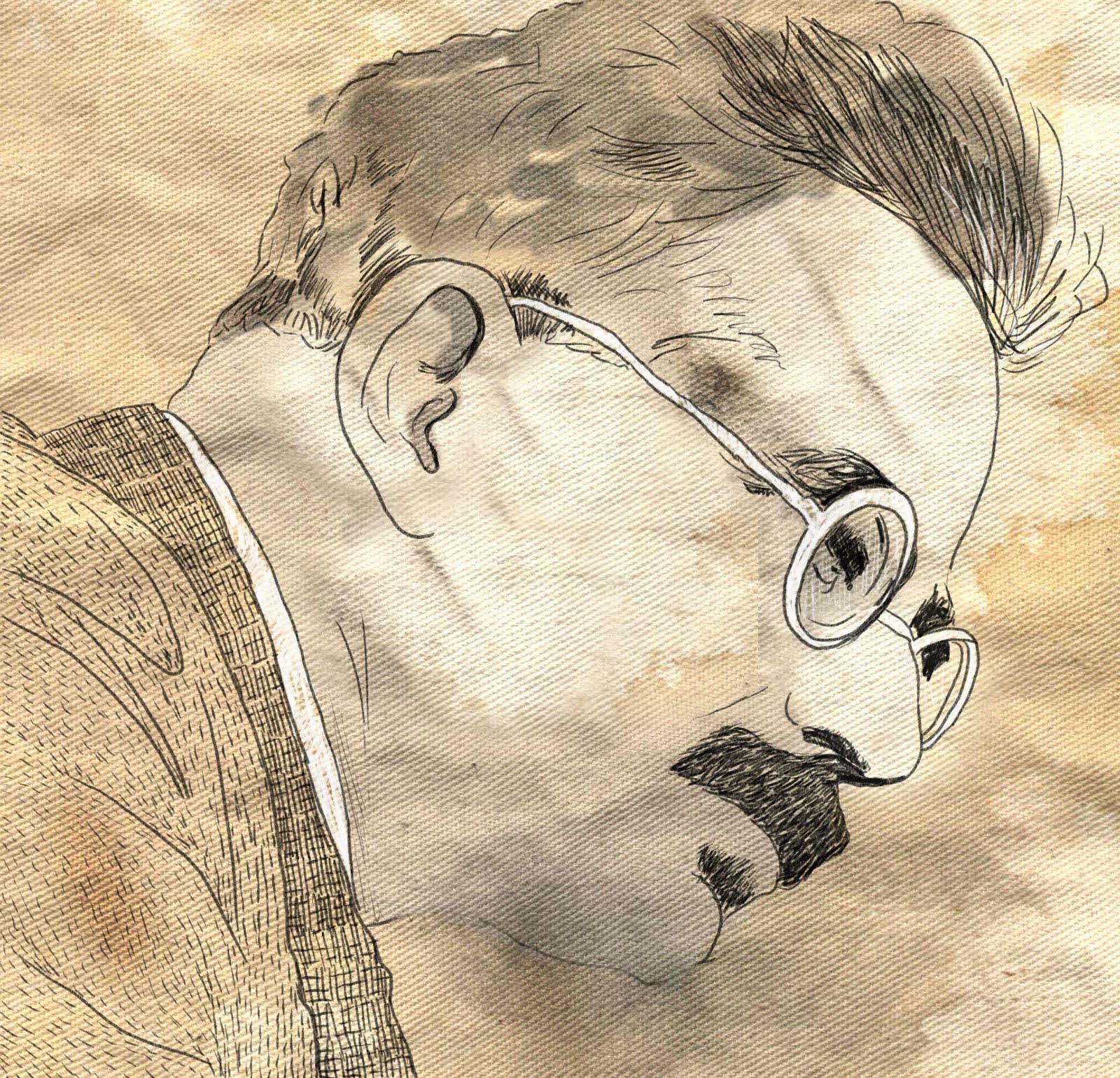

Each text subtly mobilizes a different trope of anatomy: the body, the ear, and the eye. Richter traces Benjamin's radical notions of the political through a series of corporeal figures in his often neglected autobiographical writings-the Moscow Diary, the Berlin Chronicle, and the Berlin Childhood around 1900. Rather than explaining his sense of the political, Benjamin enacts it in the movement of his language. Gerhard Richter shows that Benjamin's engagement with the political cannot be understood in terms of unified concepts and fully deducible theses that can be easily verified or refuted. His later work in particular stages a perpetual but little understood confrontation with German fascism.

Although Walter Benjamin (1892-1940) is considered one of the most significant writers and theorists in twentieth-century Western culture, his enigmatic sense of the political has eluded definition.


 0 kommentar(er)
0 kommentar(er)
